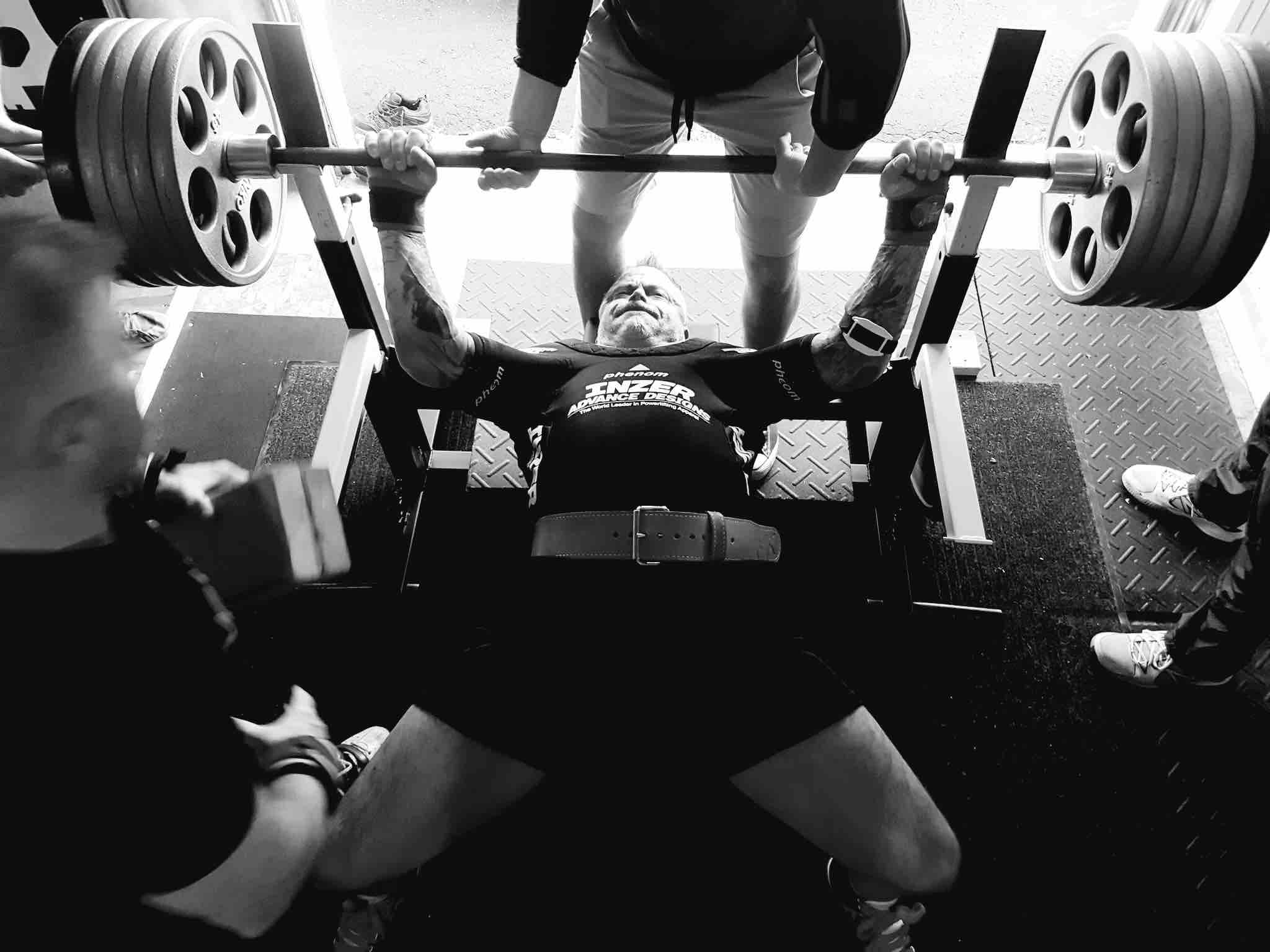08 Jul Shift Work
BY KEN WHETHAM
A lot of people have a huge advantage when it comes to training if they work a regular day job and get to sleep in their bed every night on a regular schedule. I’m the first one to admit that I am jealous of anyone who has the ability to set-up his or her training program on a schedule that is consistent and straightforward to follow. Have you ever thought about how difficult it would be to keep your training consistent if you worked shift work?
I have always been involved in professions that work screwed-up shifts. I was a Police Officer for eleven years and now in my tenth year as a Professional Firefighter. I work 24-hour shifts and my shift schedule changes every week. Most training programs consist of a three or 4 day a week program that assumes you work a steady dayshift and have the ability to train on the same days of the week, every week.
To me, it seems unfair to ask anyone to put together a training program for me when my schedule changes every week, and there are shifts that you finish with minimal sleep over a 24 hour period. I’ve heard a million comments like “must be nice to go to work and sleep all night.” If I had a nickel for every comment I’ve listened to like that, I’d have a substantial amount of cash squirreled away for a rainy day.
My response is this: Sometimes we do get to lie down at night in between calls, but I’ll give you an analogy;
You can come and stay at my place overnight and sleep on a cot in the basement with a bunch of your buddies who snore, burp, fart and talk in their sleep. Every hour or two I’ll sound an air horn, and you have to get up, get dressed and get to your car within one minute. We’ll drive around town for twenty minutes to an hour and come back to the basement to get back to sleep. During your sleep, you’re up four or five times and have reached a couple of hours of broken rest during the eight hours of your 24-hour shift. When you get up in the morning, and you feel like you’ve been run over by a truck, I’ll make sure I say to you “must be nice to have a job where you get to sleep all night.”
How much energy do you think you have to do a heavy training session and do you think you might have a difficult time finding the motivation to train?
How do you set up an effective training program? You really can’t!
Your training sessions have to be more about quality than quantity, your training is really about how much work you can recover from, not about how much training volume you can squeeze in. If you can’t recover and rest, your training is going to go in the toilet.
This is how I set up my training. My general outline for my training is a mandatory two-day a week outline. Squat days are on Sundays and Bench night is on Wednesdays. Once a month I have to alter those sessions because I work one Sunday shift and one Wednesday shift per month, so Squat day changes to Saturday and Bench training gets bumped to Tuesday. No matter what, I commit to these two days every week and every third week is a deload week.
Anything else I can squeeze into the week is a bonus. There are some weeks when I can get four good training sessions, but most weeks are three days. On my squat and bench days, I make sure I get in all my accessory movements completed. If my schedule permits and I have other days available, I will do lighter assistance days for squats and bench.
I don’t usually plan my training schedule beyond one week at a time unless I am in meet prep mode. In which case, I will usually backtrack 12 weeks from the meet day and figure out my squat and bench progressions with a deload week every third week to help with recovery.
If I tried to lay out a plan for several weeks at a time, it would only cause me to get frustrated. Why? Because I know from experience that there will be days that I plan to train and I won’t be able to accomplish what I expect because of how screwed up my work and sleep schedule had been.
If I take a flexible approach to training and realize that there will be days I can’t train, I won’t get frustrated. Is it optimal? Probably not, but it seems to be the only way to push forward with training without making myself nuts and I always seem to progress with my numbers.
I spend more time thinking about recovering optimally by getting as much sleep as I can. I try to purposely take daily naps for a couple of hours. I genuinely believe trying to get enough quality sleep and nutrition are huge components to successful training. Anyone who doesn’t think rest is essential, try depriving yourself if it and see how your training goes. I bet you will regress before you progress without adequate sleep. Good nutrition is the building blocks of staying healthy and recovering. I don’t measure my macros, or try to target any specific calorie intake, but I try to eat well with a diet consisting of real food. I limit my processed food and sugar intake. I keep it simple and sustainable
If you work shift work and have a busy schedule, try to be as flexible as possible with your training. Don’t freak out if you miss a session or two a week if you’ve been overly busy, or something arises that throws a wrench into your training program. Focus on quality, not quantity. I’d rather have two great training sessions a week instead of four crappy sessions. Trying to get enough sleep and scheduling naps when possible will help tremendously. Try to keep your nutrition on point by avoiding fast food, processed food and focus on eating healthy, whole foods. It doesn’t have to be complicated.
Keeping training simple is always going to be more effective than over complicating everything and becoming frustrated and unmotivated.
10/20/Life can be adjusted to work for any busy schedule. Check out how it can work for even the most insane schedules and pick up a copy of the 2nd Edition of 10/20/Life HERE.
Ken Whetham
Latest posts by Ken Whetham (see all)
- Ken Whetham: Back to Light Squatting - August 22, 2018
- Ken Whetham: Deadlifts & Bench - August 20, 2018
- Ken Whetham: Off Season Bench - August 15, 2018









Sorry, the comment form is closed at this time.